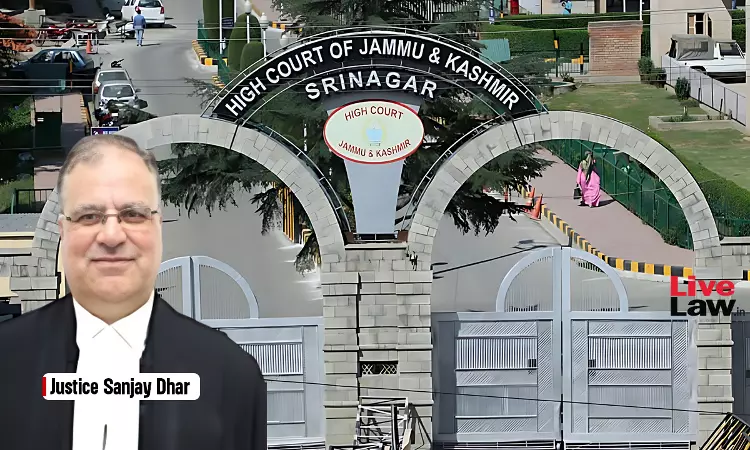Underscoring the principle that the absence of a proven motive can be inconsequential if the eyewitness testimony is credible the Jammu and Kashmir and Ladakh High Court has clarified that the absence of motive becomes less significant when the prosecution relies on a strong eyewitness account.A bench of Justice Sanjay Dhar added that it however does not mean that proof of motive even in a...

